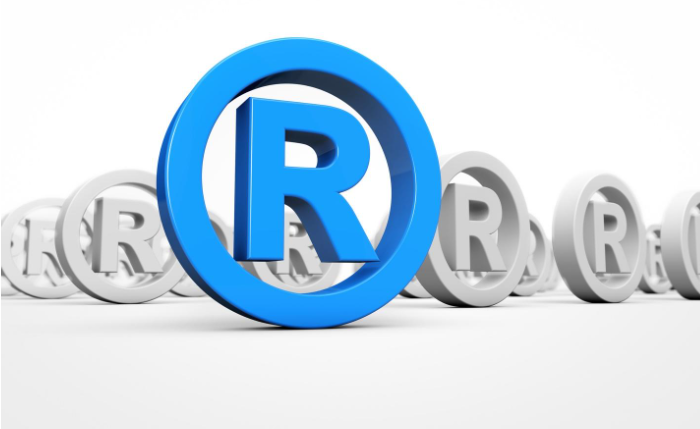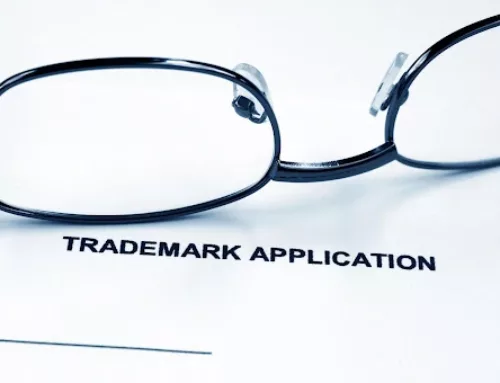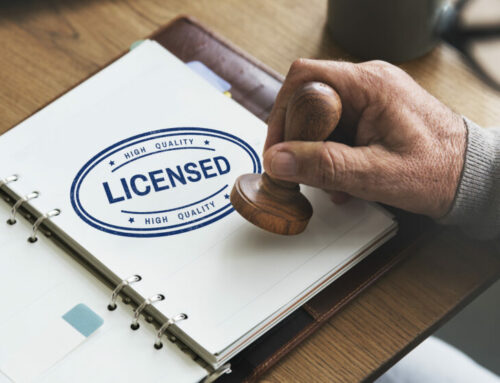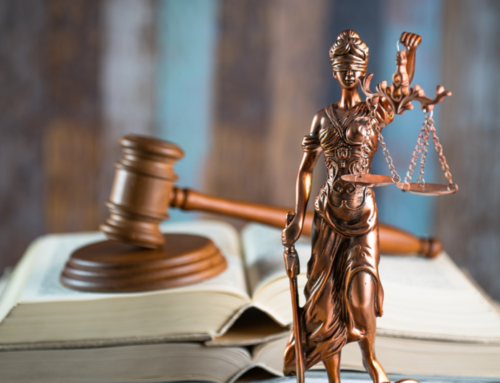Trademarking A Slogan
Slogans set a business apart from the competition, further solidifying the brand in the mind of potential customers and vendors. Trademarking a slogan protects a company’s intellectual property and increases its value. For help understanding your intellectual property rights, consider contacting the trademark attorneys at War IP Law, PLLC at 202-800-3754.
What Is a Trademark?
As the United States Patent and Trademark Office (USPTO) describes, a trademark is a word, phrase, or symbol that identifies goods or services and sets them apart from those provided by other businesses. Trademarks protect intellectual property (IP) rights in goods, while service marks protect those rights related to services.
A trademark can also be a combination of words, phrases, and symbols. For example, the Nike trademark includes the swoosh and the slogan “Just Do It.” The USPTO explains to potential trademark applicants that they technically receive IP rights when they start using their trademark in commerce, but filing for official protection adds a layer of legal security and increases the geographic coverage of your rights.
What Makes a Trademark Slogan Protectable?
Not all words, symbols, or phrases that refer to a brand qualify for trademark protection. As the USPTO explains, individuals can only obtain protection for “inherently distinctive” trademarks. Before an individual can apply for trademark protection, they must determine and be able to prove that their slogan qualifies for protection.
Strong Trademarks
Fanciful, arbitrary, and suggestive trademarks are those that are incredibly unique and truly distinctive from the other names in use. Trademarks that fall into one of these categories will most likely qualify for protection if they are available for use:
- Fanciful trademarks consist of entirely made-up words, such as Hewlett-Packard, Microsoft, Q-tips, or Kleenex.
- Arbitrary trademarks consist of actual words but are distinctive in how the holder uses those terms to refer to an unrelated item. For example, calling a gas station “Casey’s” or referring to an online company as “Amazon” is arbitrary.
- Suggestive trademarks refer to or suggest qualities about the underlying goods without obviously stating them.
Weak Trademarks
In most cases, weak trademarks do not qualify for any trademark protection. The primary exceptions to this are if the way the applicant uses the trademark is unique or if the trademark has been used so long in commerce that it is well known. Weak trademarks consist of the following categories:
- Descriptive trademarks, which describe something about the goods or services a business provides. For example, referring to chocolate chip cookies as tasty or delicious merely describes good, quality cookies.
- Generic trademarks, which simply use an existing and commonly used term to refer to goods or services. For example, the word “bakery” is not distinctive; it is the word people use to describe a business that makes and sells baked goods to the public.
Steps to Trademarking a Slogan
There are many steps involved in trademarking a slogan, each with unique requirements to ensure accuracy. Any errors or omissions can result in filing delays or the USPTO rejecting the trademark application entirely.
A trademark attorney is familiar with this area of the law and can help individuals understand the steps involved in filing for trademark protection. For help with the trademark application process, consider contacting a trademark attorney at War IP Law, PLLC.
Determine Whether the Slogan Qualifies for Trademark Protection
The first step in trademarking a slogan is determining whether it qualifies for protection. Review the slogan and how the company uses it in commerce to see whether it falls into one of the categories the USPTO considers strong and distinctive, such as fanciful, arbitrary, or suggestive. If it does not, the individual can take time to regroup and possibly make adjustments to the slogan so that it does qualify.
Search the United States Patent and Trademark Office
Next, search the USPTO trademark database to see whether the slogan or a substantially similar version is in use. The USPTO will not accept a slogan for trademark protection if it is already in use. If that is the case, the applicant must change their trademark so as not to infringe on another’s protected mark. If not, the applicant can move on to the next step.
Search in Your State and Online
Applicants wishing to trademark a slogan should also conduct a general online search with the slogan as the search query. Not every business takes the time to register its IP, so applicants may be unable to locate every instance of the slogan being used just by searching the USPTO website. Conduct a general search to get the most accurate idea of whether someone else uses the slogan in commerce.
Fill Out the Trademark Paperwork
Once the applicant determines the slogan is available, it is time to fill out the trademark application. To do so, the applicant must decide which type of trademark registration they want to submit: standard character or special form. The USPTO cautions that this is an important decision and cannot be undone after the individual submits the paperwork. The applicant should conduct further research on each of these options to make sure they are confident in their choice. The applicant must also determine their filing basis, either based on use in commerce or based on intent to use the mark in commerce.
Pay the Appropriate Filing Fee
The last step is to pay the appropriate filing fee. The cost will vary depending on the type of trademark application the person is submitting and the number of classes of goods or services they are filing to protect at once.
A Trademark Attorney Can Help
Trademarking a slogan is an excellent way to protect a business’s intellectual property, which can also increase the company’s overall value. By following the above legal steps to trademark your slogan, you can gain control of and increase the value of your company’s brand. For legal help with the trademark process, consider scheduling a consultation with the trademark attorneys at War IP Law, PLLC by calling 202-800-3754.






